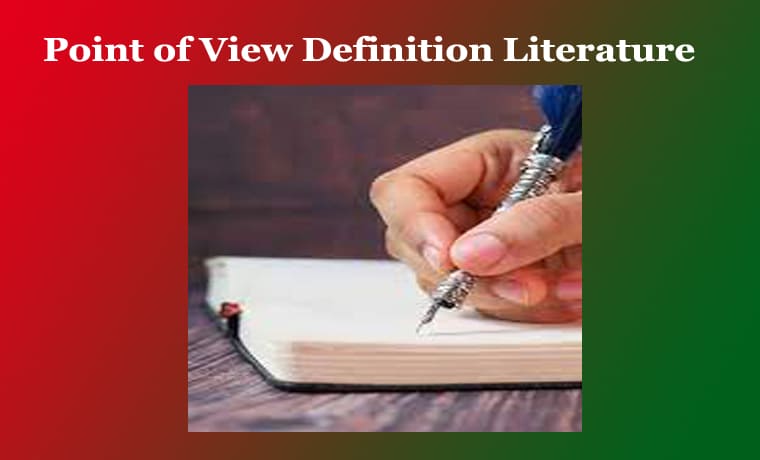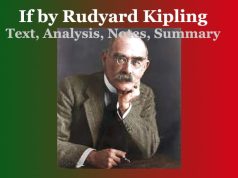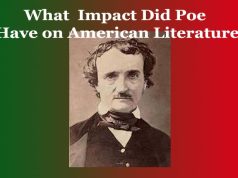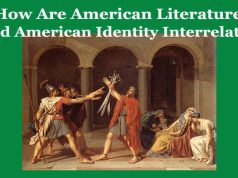Point of View Definition Literature
Point of View Definition Literature
Point of View Definition Literature
Introduction:
In literature, the term “point of view” refers to the perspective or vantage point from which a narrative is presented. It encompasses the narrator’s position concerning the story being told and plays a crucial role in shaping the reader’s understanding of characters, events, and the overall meaning of the work.
Aspects of Point of View in Literature:
First-Person Point of View:
In first-person point of view, the narrator is a character within the story and uses pronouns such as “I,” “me,” and “my.” The narrative unfolds through the narrator’s personal experiences, thoughts, and emotions.
Example:
“I walked down the narrow path, my footsteps echoing in the quiet woods. The rustle of leaves overhead made me feel both excited and apprehensive.”
Second-Person Point of View:
Second-person point of view addresses the reader directly, using pronouns like “you.” While less common in narrative fiction, it is often employed in instructional or interactive contexts.
Example:
“You open the door and step into the dimly lit room. A sense of anticipation fills the air as you survey your surroundings.” Point of View Definition Literature
Third-Person Limited Point of View:
In third-person limited point of view, the narrator is external to the story but has access to the thoughts and feelings of only one character. The narrative is presented using pronouns like “he,” “she,” or character names.
Example:
“She looked at the photograph, memories flooding back. He wondered if she would ever forgive him for what had happened that fateful day.”
Third-Person Omniscient Point of View:
Third-person omniscient point of view involves an all-knowing narrator who has access to the thoughts and feelings of multiple characters. This perspective provides a comprehensive view of the story. Point of View Definition Literature
Example:
“As the sun set on the small town, the omniscient narrator observed the intertwining lives of its inhabitants. Little did they know that fate had more surprises in store for them.”
Objective Point of View:
In an objective point of view, the narrator is a detached observer who reports only what is observable. The narrator does not delve into the internal thoughts or feelings of the characters.
Example:
“The clock struck midnight. A figure emerged from the shadows, holding a mysterious package. The streetlamp illuminated the scene, revealing the clandestine meeting.”
Significance of Point of View:
Characterization: Point of view influences how characters are portrayed, as the narrator’s perspective shapes the reader’s understanding of their thoughts, motivations, and actions. Point of View Definition Literature
Reader Engagement: Different points of view create varied levels of intimacy between the reader and the narrative, influencing the reader’s emotional connection to the story.
Narrative Reliability: The reliability of the narrator is a crucial factor influenced by point of view. First-person narratives, for example, may be subjective and biased, while an omniscient narrator provides a broader but potentially less personal perspective.
Impact on Theme and Tone: Point of view contributes to the thematic and tonal aspects of a work, influencing how the story’s messages are conveyed and the emotional atmosphere created. Point of View Definition Literature
Conclusion:
Point of view is a fundamental element in literature that shapes the lens through which readers experience a narrative. The choice of point of view significantly impacts the storytelling process, influencing characterization, reader engagement, and the overall interpretation of the work. 0 0 0. Point of View Definition Literature
Point of View Definition Literature
You May Like:







